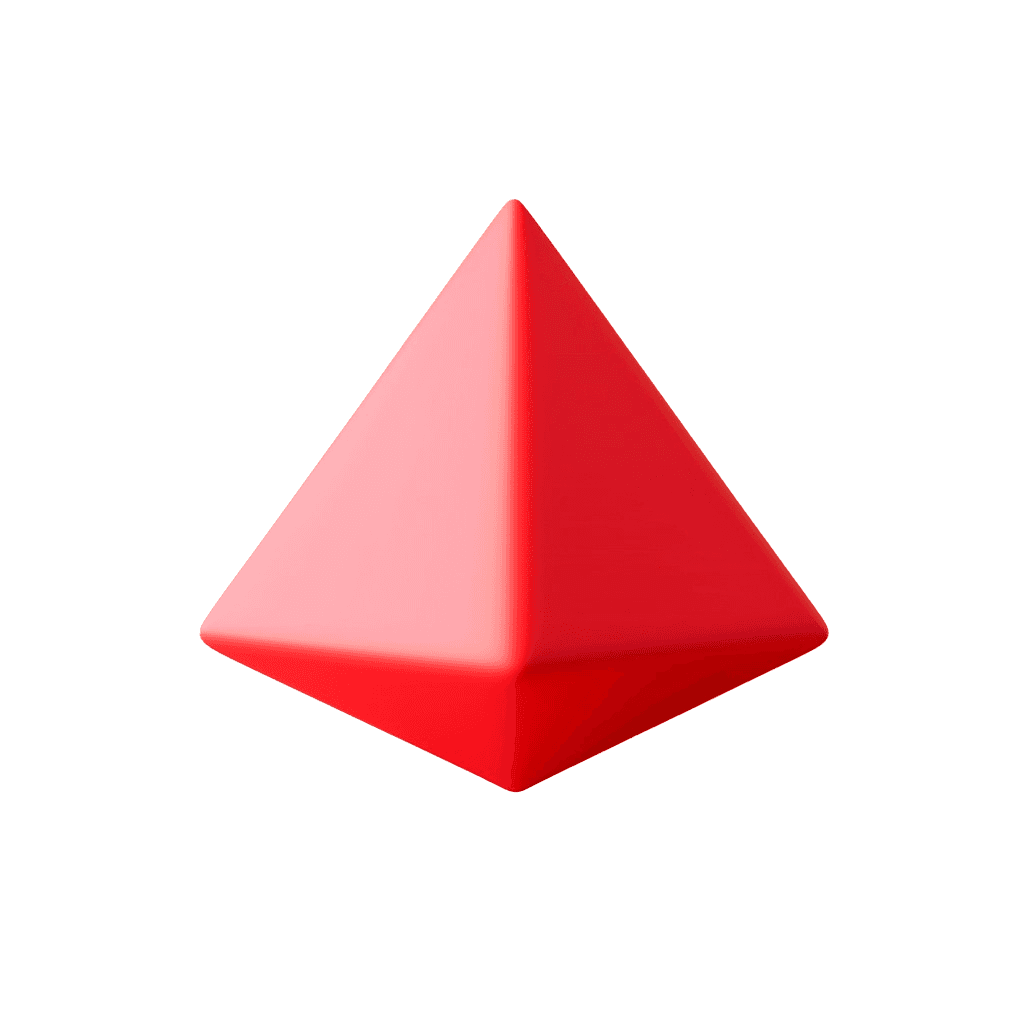Discovery Curriculum
2 years - 3 years
For a 3-year-old preschooler, learning goals continue to build on the skills developed at age 2, with a greater emphasis on expanding their abilities in various areas.
1. Language Development
• Vocabulary Growth: Introduce more complex words and phrases; encourage the use of descriptive language.
• Sentence Structure: Support the use of longer sentences and questions.
• Storytelling: Encourage them to tell simple stories or describe events with a beginning, middle, and end.

2. Social and Emotional Development
• Cooperation: Enhance skills in working with others, including playing cooperatively and understanding group dynamics.
• Empathy: Help them recognize and respond to the emotions of others, and practice empathy through role-playing.
• Self-Regulation: Encourage the development of coping strategies for managing emotions and behavior.
3. Cognitive Development
• Problem-Solving: Introduce more complex puzzles and problem-solving activities that involve multiple steps.
• Understanding Concepts: Explore basic concepts such as size (big/small), quantity (more/less), and shapes and colors.
• Memory and Sequencing: Work on memory games and activities that involve following a sequence or routine.
4. Motor Skills
• Fine Motor Skills: Develop abilities like cutting with safety scissors, drawing shapes, and manipulating small objects.
• Gross Motor Skills: Promote activities that involve coordination, such as hopping, skipping, balancing, and catching or kicking a ball.
5. Self-Care and Independence
• Daily Routines: Encourage more independence in daily tasks such as dressing, undressing, and cleaning up after meals.
• Toileting: Continue to support potty training and the development of hygiene habits.
6. Creativity and Imagination
• Artistic Expression: Foster creativity through various art mediums, including drawing, painting, and crafting.
• Imaginative Play: Encourage role-play and make-believe activities that stimulate creativity and problem-solving.

7. Early Literacy and Numeracy
• Pre-Writing Skills: Practice holding a pencil correctly and drawing simple shapes or letters.
• Numerical Concepts: Begin introducing basic counting and number recognition through playful activities.
• Book Exploration: Read together regularly, discuss the stories, and engage with interactive books.

These focuses will be approached in a playful and engaging manner, respecting the child's pace and interests. Providing a variety of experiences and opportunities for exploration helps support their overall development and learning.



